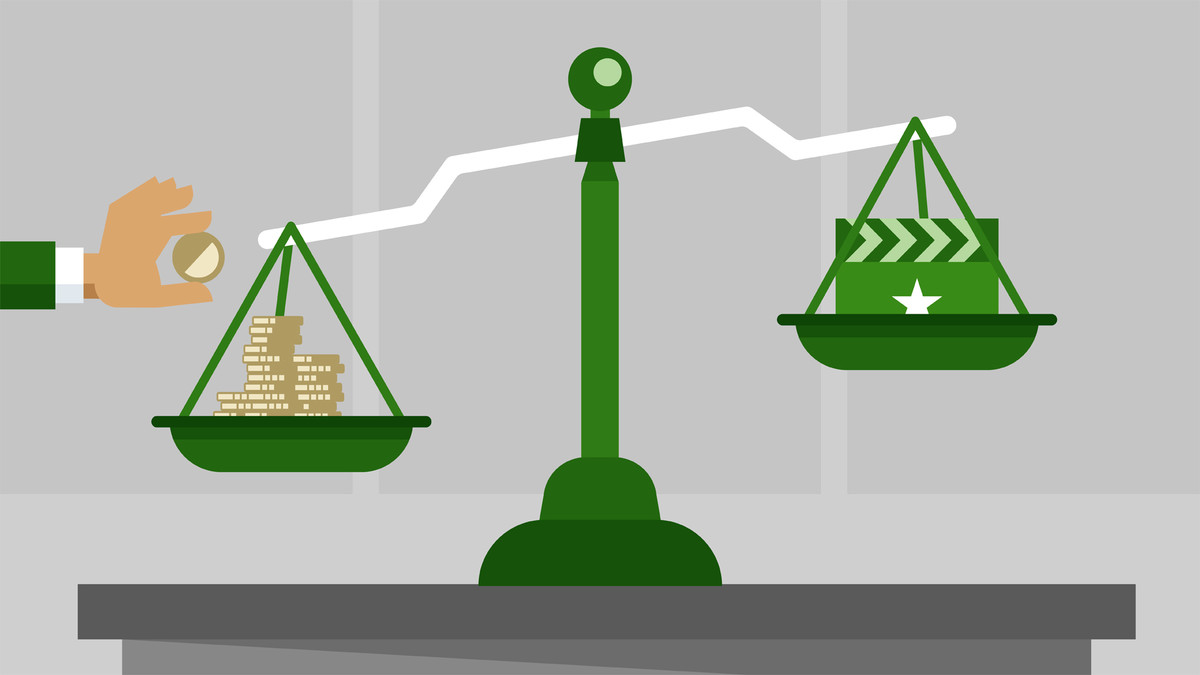In the expansive world of Salesforce, where businesses rely on seamless management of customer relationships, Salesforce administrators play a pivotal role. These unsung heroes ensure the Salesforce platform operates at its peak, empowering organizations to harness the full potential of this powerful Customer Relationship Management (CRM) tool.
I. Understanding the Role of a Salesforce Admin
1. Definition and Scope
- A Salesforce admin is a professional responsible for configuring, maintaining, and optimizing the Salesforce platform to meet the specific needs of an organization. Their role spans user management, data handling, and the implementation of custom features.
2. Core Responsibilities
- Salesforce admins handle a myriad of tasks, including user onboarding, data security, workflow automation, and troubleshooting. Their role is dynamic, requiring adaptability to the evolving needs of the business.
II. Qualities of a Successful Salesforce Admin
1. Technical Proficiency
- A Salesforce admin possesses a strong technical foundation, understanding the intricacies of Salesforce architecture, data models, and customization options.
2. Problem-Solving Skills
- Troubleshooting is a significant aspect of the role. Successful admins exhibit problem-solving skills, efficiently addressing issues and ensuring smooth platform functionality.
3. Communication Skills
- Effective communication is key to understanding the unique requirements of different departments within an organization. Admins must bridge the gap between technical intricacies and end-user needs.
III. Salesforce Admin Certification
1. Importance of Certification
- Salesforce offers a certification program that validates the skills and knowledge of administrators. A certified Salesforce admin demonstrates expertise in the platform and is a valuable asset to any organization.
2. Certification Process
- To become certified, administrators undergo a rigorous examination process, testing their proficiency in areas such as data management, security, automation, and user interface customization.
IV. Day-to-Day Operations of a Salesforce Admin
1. User Management
- Admins handle user onboarding, permissions, and access control. They ensure that every user has the appropriate level of access to data and functionalities.
2. Data Maintenance
- Data is the lifeblood of Salesforce. Admins oversee data imports, updates, and cleansing to maintain data accuracy and integrity.
3. Workflow Automation
- Admins design and implement automated workflows to streamline business processes, reducing manual efforts and increasing efficiency.
4. Customization and Development
- From creating custom fields to developing complex applications, admins customize Salesforce to align with the unique needs of the organization.
V. Salesforce Admin in Action: Real-world Scenarios
1. Implementing a Sales Process
- Admins configure Salesforce to reflect the organization’s sales process, ensuring that leads, opportunities, and deals are managed seamlessly.
2. Data Migration and Integration
- Admins lead data migration projects, ensuring a smooth transition from legacy systems to Salesforce. They also integrate Salesforce with other tools to create a unified ecosystem.
3. Crisis Management
- In times of crisis, such as system outages or data breaches, admins play a crucial role in rapid response and resolution.
VI. FAQs about Salesforce Admins
Q1: What qualifications are required to become a Salesforce admin?
- A combination of education, relevant experience, and Salesforce training is beneficial. Many admins start with a bachelor’s degree and acquire Salesforce certifications.
Q2: How often should a Salesforce admin update their skills?
- The Salesforce platform evolves, and admins should stay current with updates and new features. Continuous learning is essential, and Salesforce provides resources for ongoing education.
Q3: Can a Salesforce admin specialize in a particular industry?
- Yes, many admins choose to specialize in industries such as healthcare, finance, or retail. Specialization allows them to understand industry-specific needs better.
Q4: What is the career growth trajectory for a Salesforce admin?
- Salesforce admins can progress to roles like Salesforce consultant, architect, or even move into management positions. Certification and experience are key factors in career advancement.
Q5: Is there a community for Salesforce admins to connect and share knowledge?
- Yes, the Salesforce Trailblazer Community provides a platform for admins to connect, share best practices, and seek advice from peers and experts.
VII. Conclusion
In conclusion, the role of a Salesforce admin is multifaceted, requiring a blend of technical prowess, problem-solving skills, and effective communication. These professionals are instrumental in shaping the Salesforce experience for organizations, ensuring a seamless and efficient CRM environment.
Whether it’s configuring workflows, managing users, or implementing custom features, Salesforce admins navigate the complexities of the platform with expertise. Their role extends beyond daily operations to contribute significantly to an organization’s strategic goals and growth.
To aspiring Salesforce admins: embark on this journey with dedication, acquire the necessary skills and certifications, and join the community of Trailblazers who are shaping the future of CRM with Salesforce.
Read also: Optimizing Workbench Salesforce




[…] Read also: Becoming a Certified Salesforce Admin […]